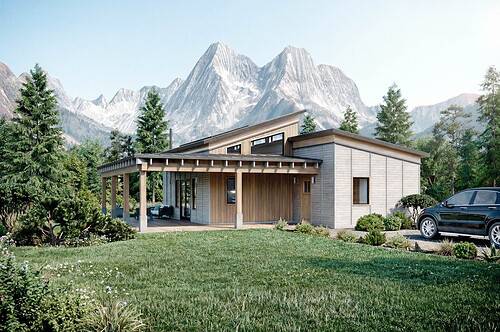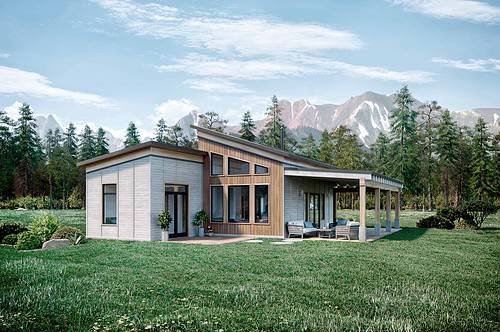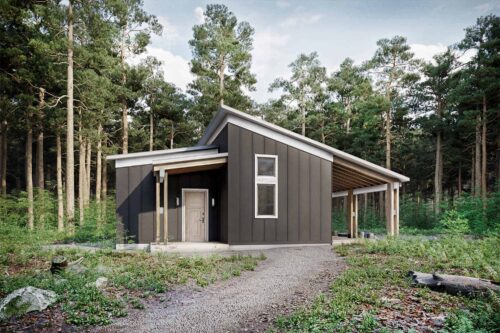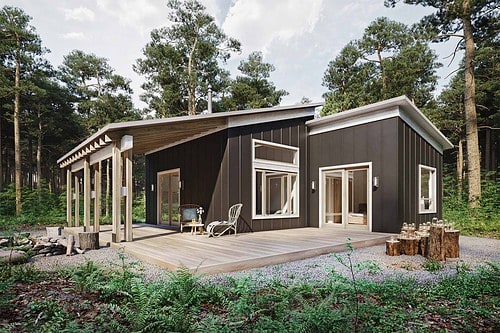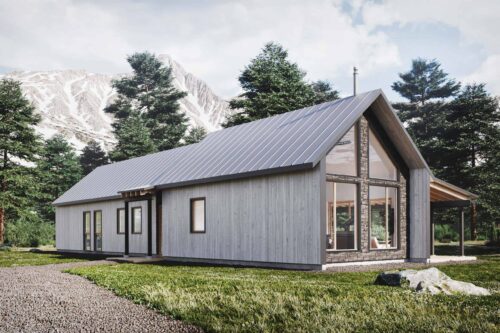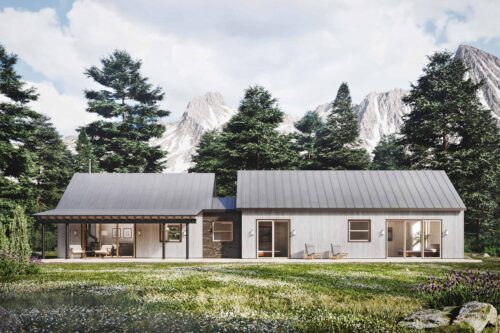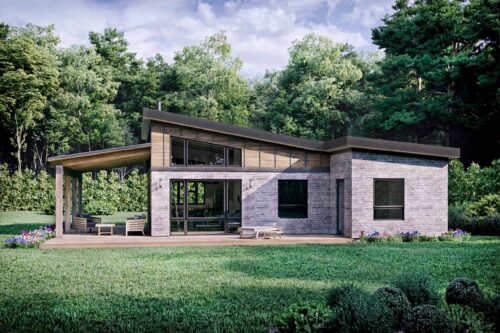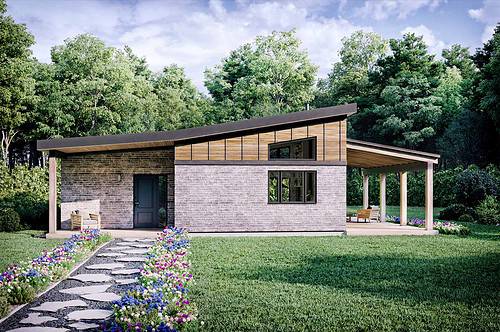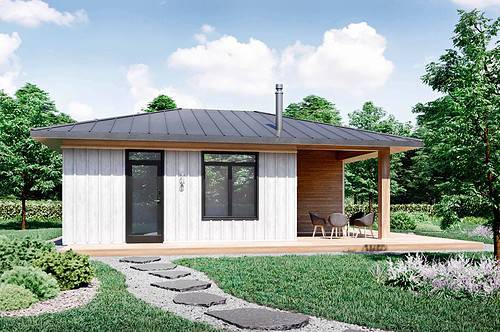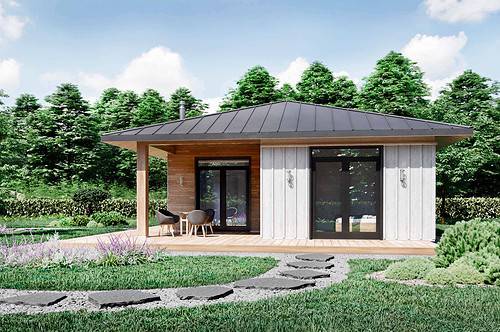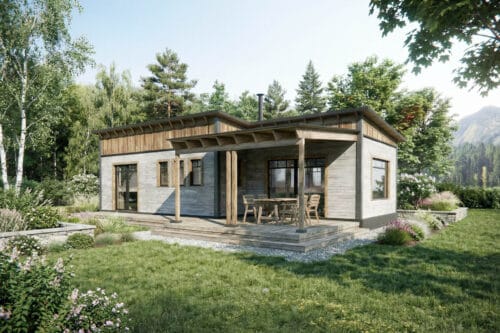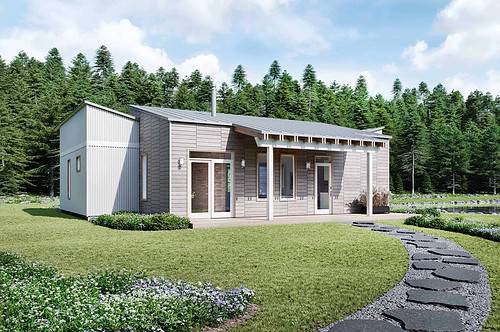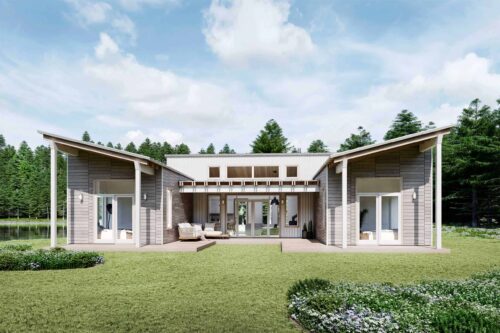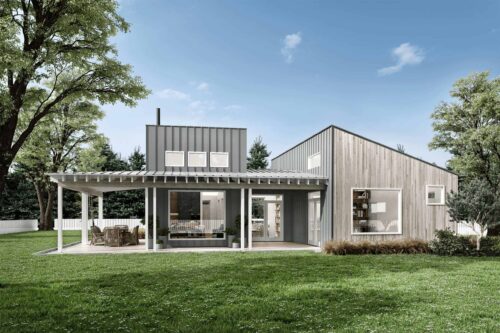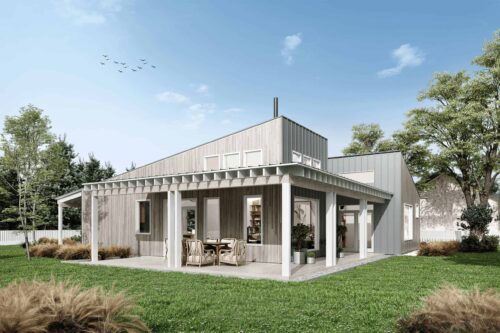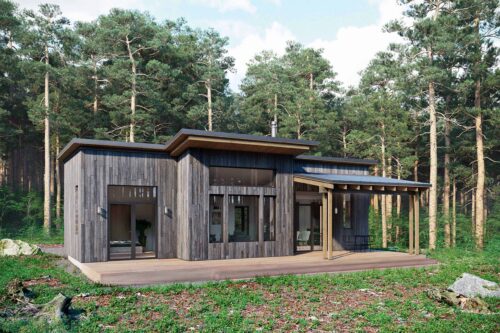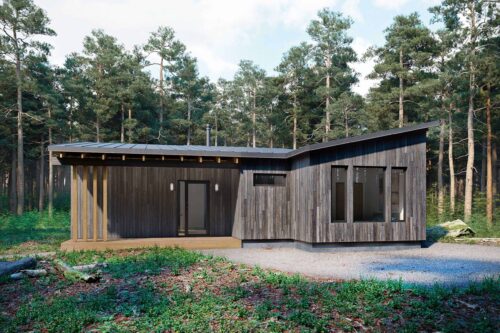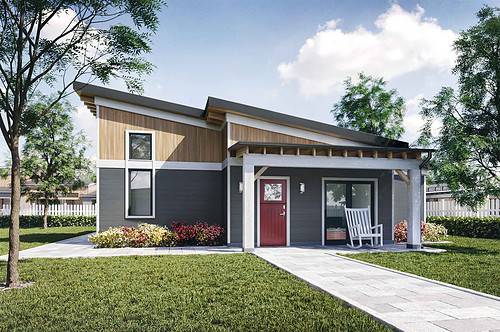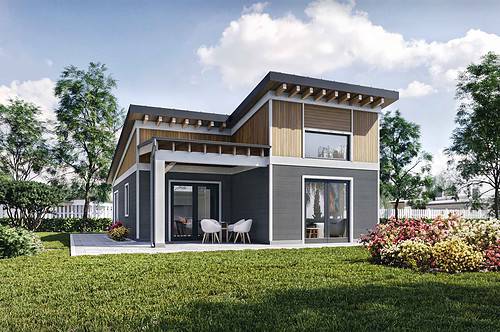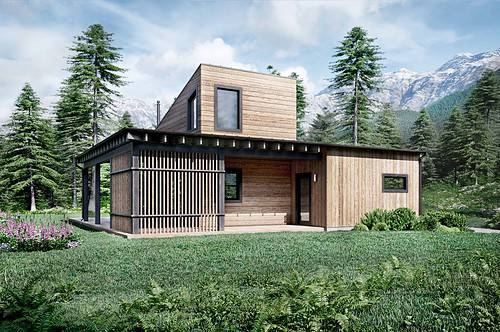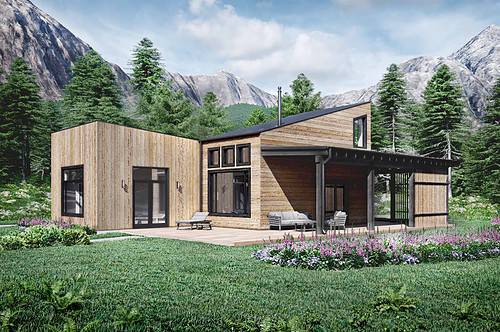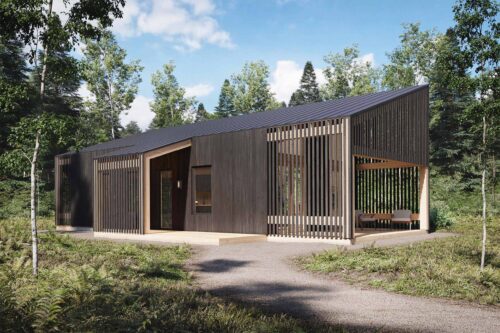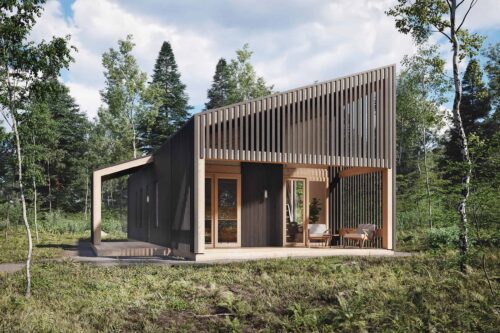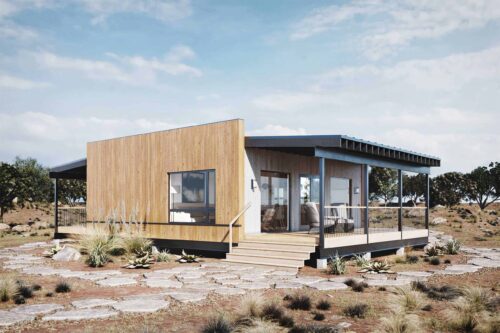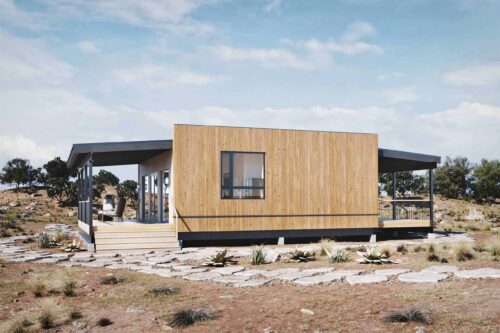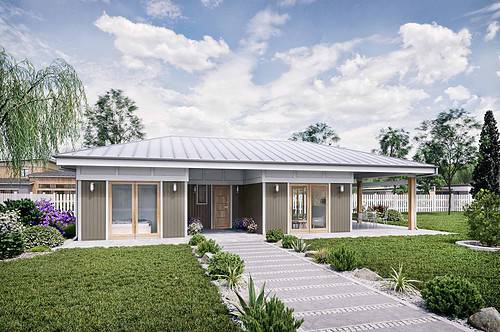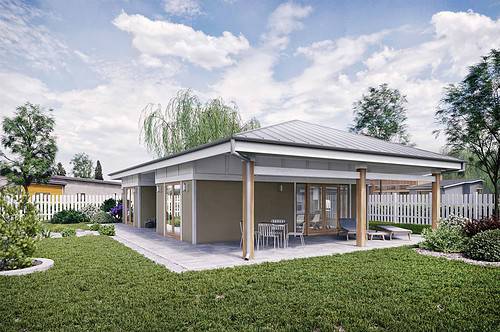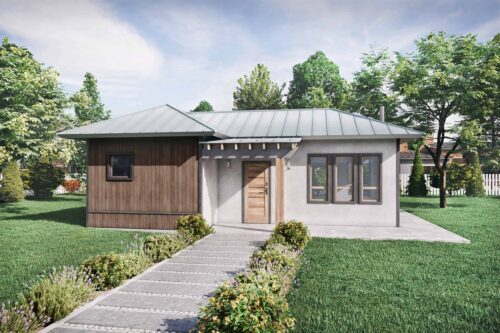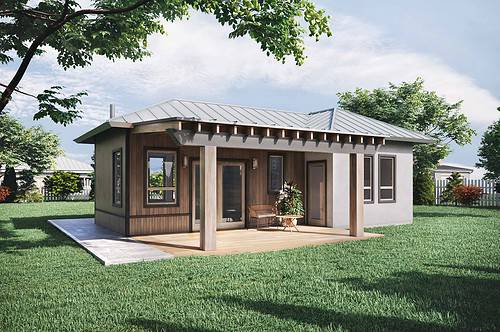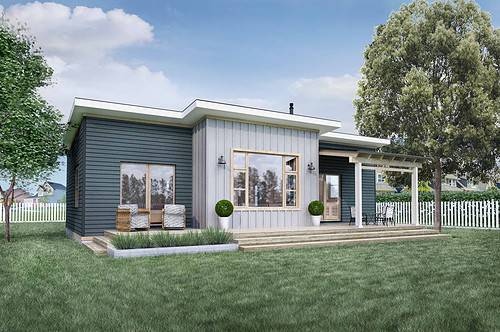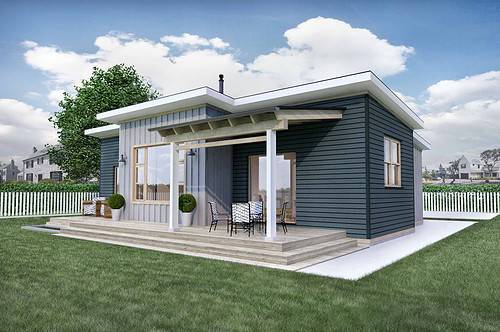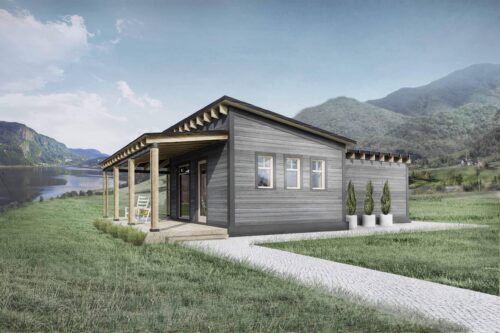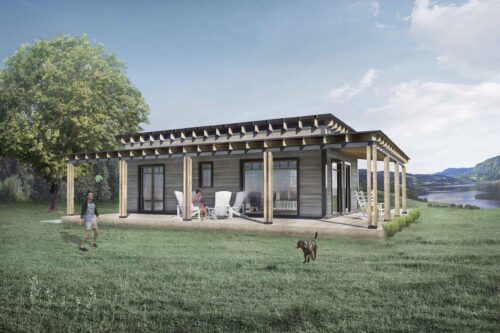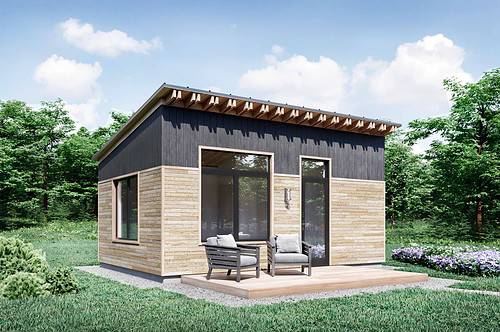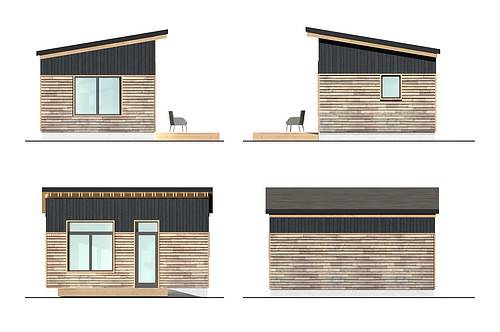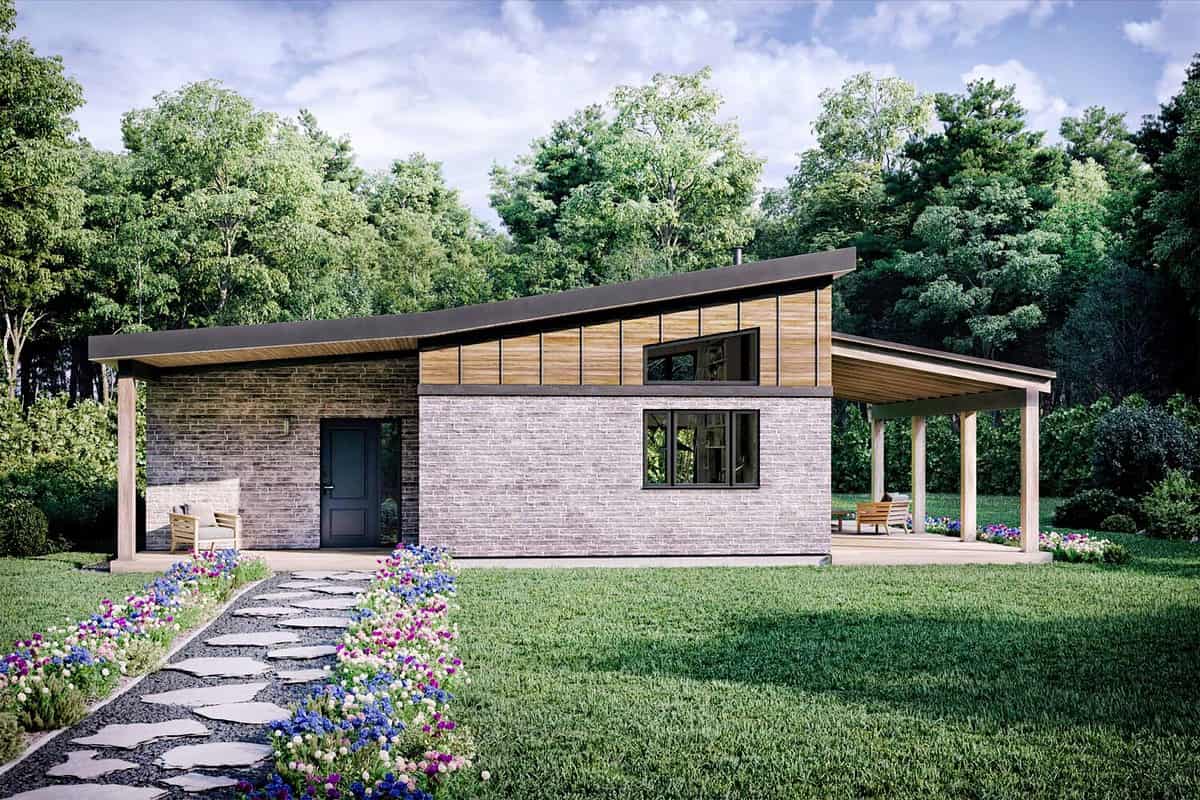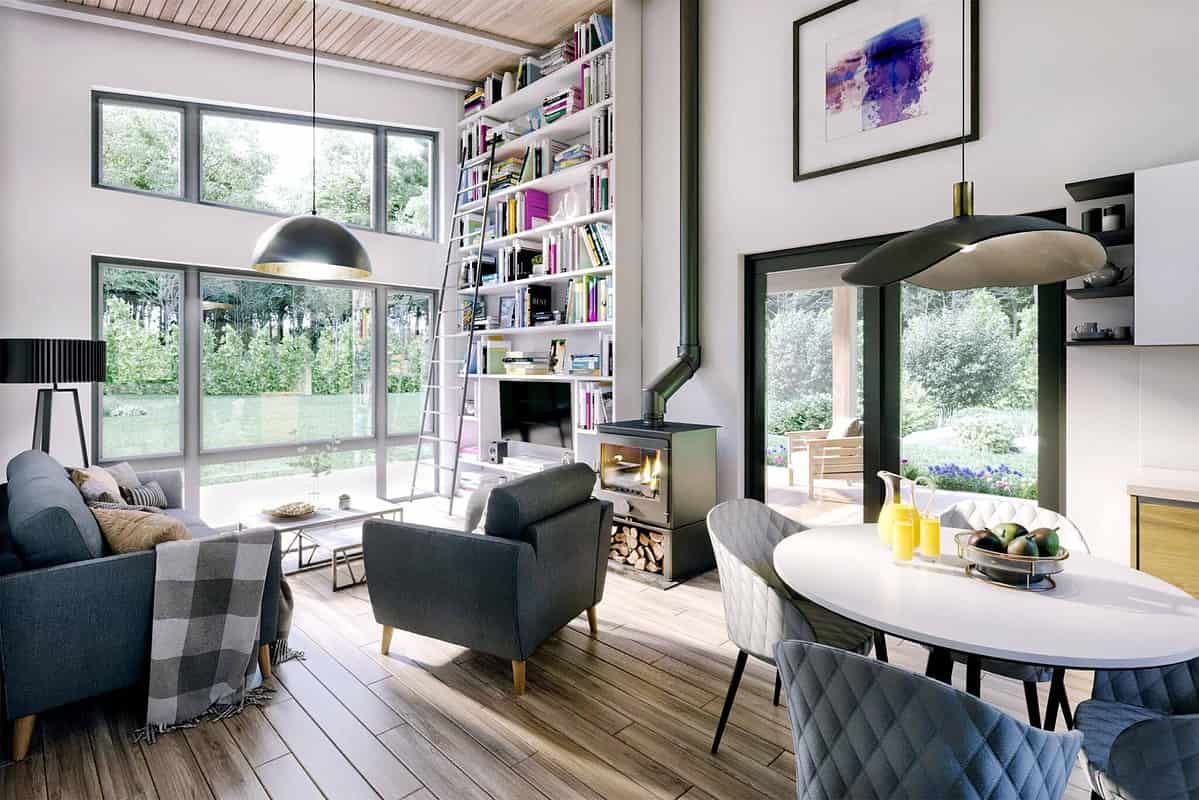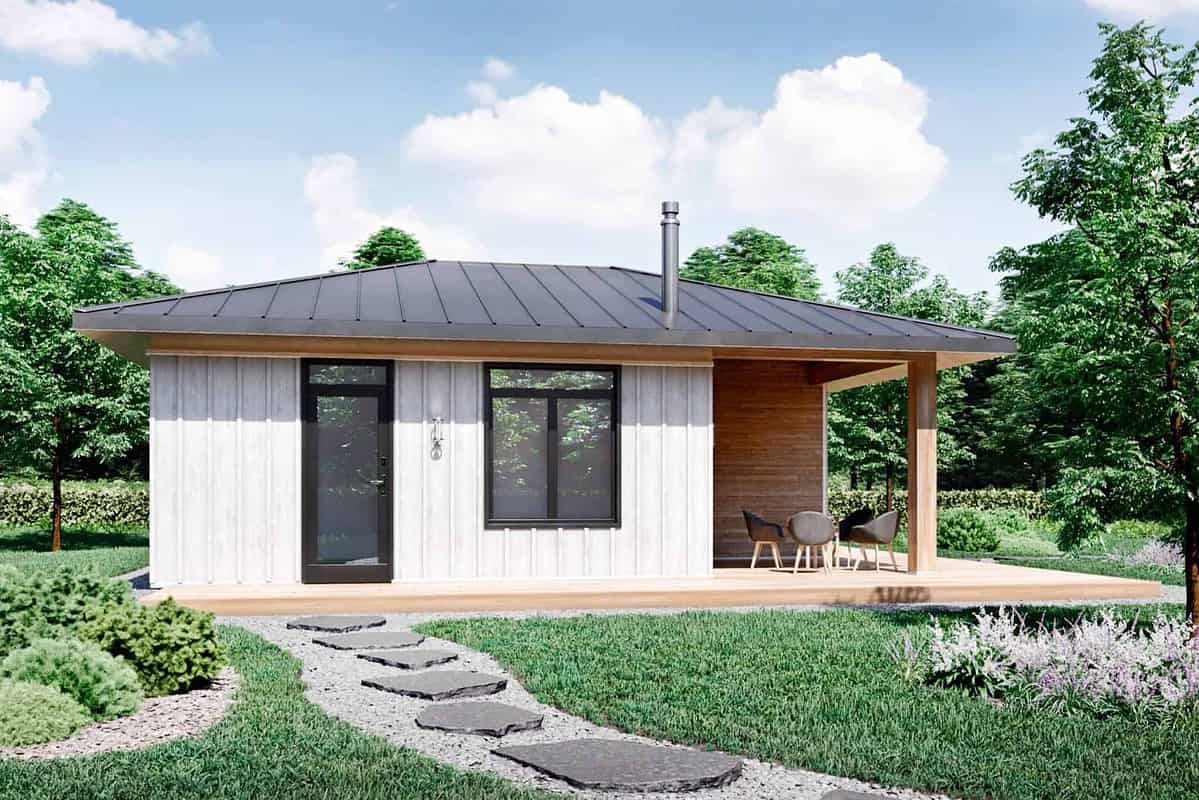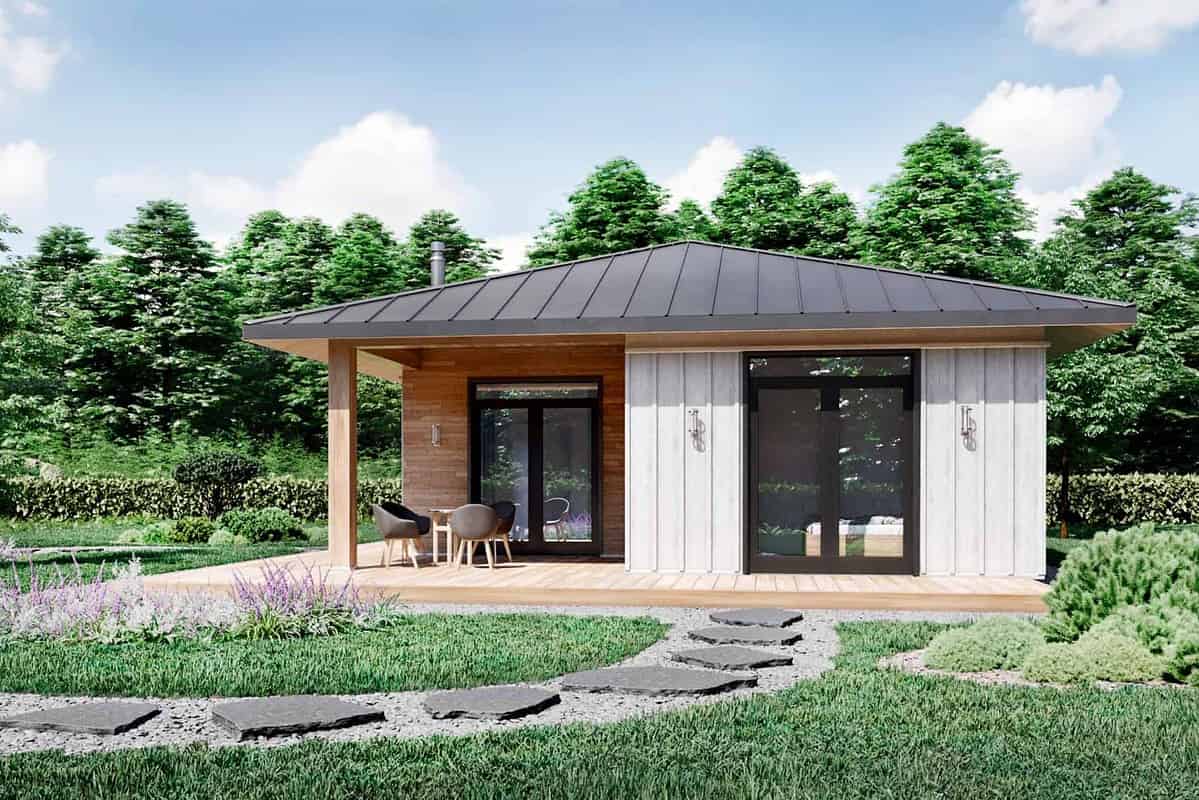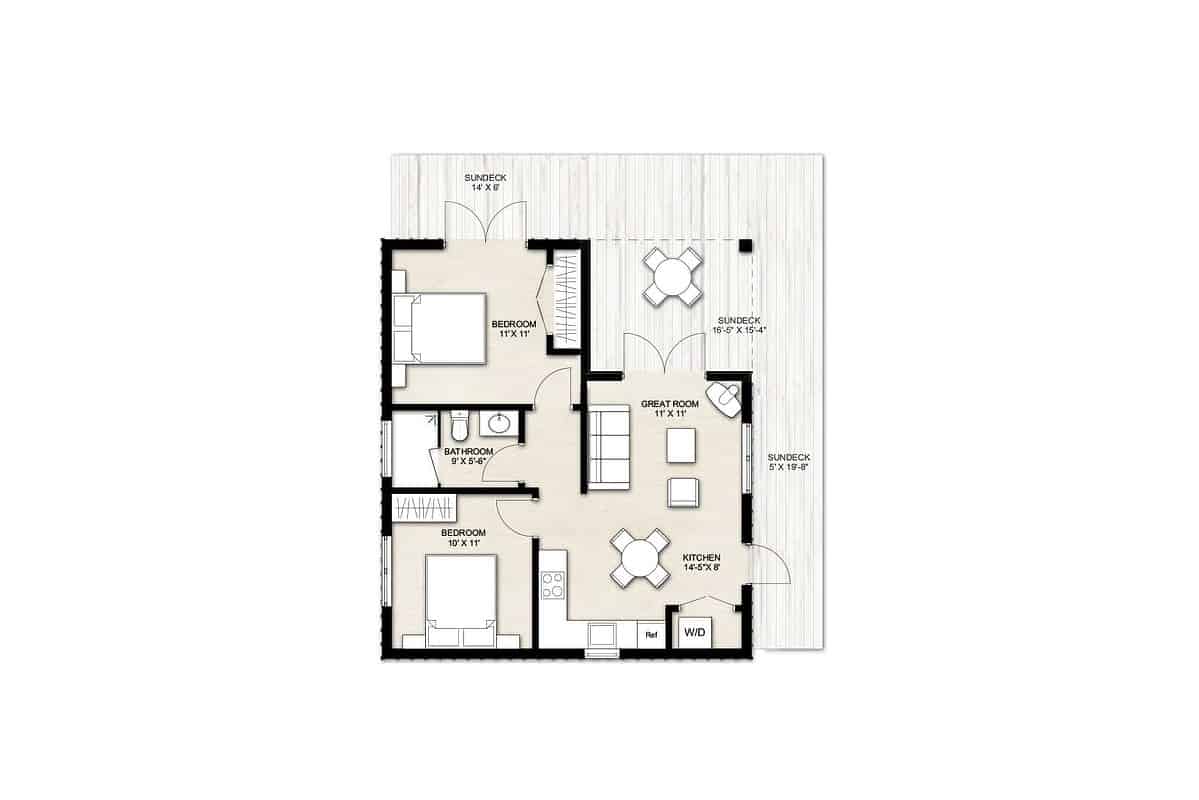No products in the cart.
Factors to Consider when Designing ADU Plans
As with all building projects, the plan is one of the most important things to take care of when you decide to build an ADU. ADU house plans determine the overall design, style, and functionality of the structure. There are many plans available, including traditional, contemporary, and modern designs. Homeowners need to choose a plan that suits their needs and preferences while also complying with local regulations.
There are a number of factors that should be considered before deciding on a plan. Since these factors are critical to finding the right plan, we’ll quickly look at a few of them.
Determine the Purpose
One crucial factor to consider when designing ADU plans is the purpose of the ADU. From the very beginning, homeowners need to determine whether the ADU will be used as a rental unit, a guest house, or a living space for a family member. Knowing the purpose of the ADU will influence the overall design and layout of the plan.
Consider the Size and Shape of the Lot
Another factor to consider when designing ADU house plans is the size and shape of the lot. Homeowners need to choose house plans that suit their property and are compliant with local zoning regulations. The plan needs to be designed in such a way that they do not encroach on the privacy or living space of the main house.
Consider Your Budget
When designing ADU house plans, it is also important to consider the budget. It is important to select house plans that fit your budget while still meeting your needs and preferences. Your ADU plans can be customized to fit specific budgets, making it possible to create a functional and comfortable living space that is also affordable. This is one reason why it is always recommended that you work with professionals.
Consider Energy Efficiency and Sustainability
Finally, energy-efficiency and sustainability are important consideration factors, especially as the world continues to march toward sustainable energy options. Green building options can be incorporated into the design and construction of ADUs, resulting in lower energy bills and a reduced carbon footprint.
Creating a Rental Income Stream with ADU Plans
For anyone looking to create a rental income from an existing property, building an Accessory Dwelling Unit (ADU) is a popular choice to explore. Like we stated at the beginning, ADUs are separate living units that can be rented out to tenants for an additional stream of income. If you wish to use this method for creating additional rental income, this next section is important. We shall look at different important aspects of this venture so you can be better prepared for it.
Benefits of Using ADU Plans to Create Rental Income
There are several benefits to creating rental income this way. First, ADUs provide homeowners with a source of passive income. We already mentioned this above. Renting out an ADU can generate a steady stream of income that can help homeowners pay off their mortgage, cover property taxes, or fund home renovations.
Second, ADUs can provide homeowners with a flexible living arrangement. Homeowners can choose to rent out their ADU on a short-term or long-term basis, depending on their needs and preferences. For example, if a homeowner needs additional income during a particular season, they can choose to rent out the space on a short-term basis to vacationers or tourists.
Understanding Local Laws and Regulations for Renting ADUs
Before renting out an ADU, it’s important that you understand the local laws and regulations for renting ADUs in your area. Many cities and states have specific regulations regarding the construction and rental of ADUs, such as minimum size requirements, parking regulations, and rental restrictions.
Ensure that your ADU plans comply with these regulations before you begin the project. Failure to comply with local regulations can result in fines or legal consequences.
Finding the Right Tenant for Your ADU
It’s one thing to build a space for rental but an entirely different thing to find suitable tenants. You can advertise on online rental platforms, local classifieds, or through word-of-mouth.
When selecting a tenant, it’s important to conduct proper background checks, verify employment and income, and check references. It is also important for you to establish clear guidelines and expectations with your tenants. This should include rental rates, payment schedules, and maintenance responsibilities.
Determining the Right Rental Price for Your ADU
Rental rates for ADUs will be largely dependent on factors like location, size, and amenities offered. Carry out some research on the rental rates for similar ADUs in the area to determine a fair rental price. You can also contact realtors who operate in the area for advice.
When fixing the rental price, be sure to consider the cost of maintenance, utilities, and other expenses that will arise. Rental rates should be competitive, but also reflective of the value that the ADU provides to tenants.



